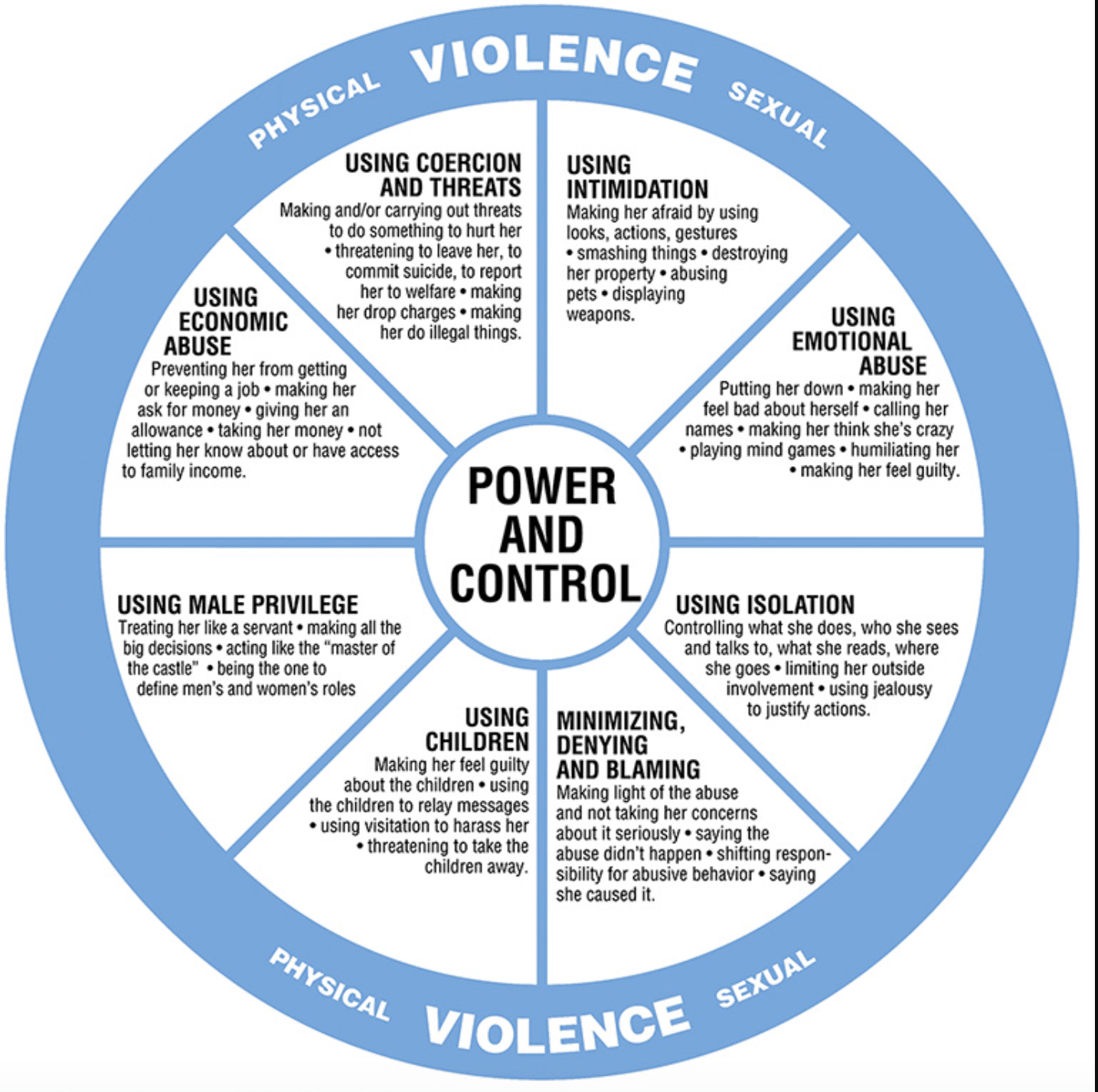Seeking guidance to comprehend and combat the pernicious effects of narcissistic abuse? "Understanding And Overcoming Narcissistic Abuse: A Guide To Identifying And Coping With Emotional Manipulation" empowers you with the knowledge and strategies to navigate this challenging realm.
Editor's Notes: "Understanding And Overcoming Narcissistic Abuse: A Guide To Identifying And Coping With Emotional Manipulation" was recently published on March 8, 2023. This comprehensive guide addresses a pressing issue, shedding light on the devastating impact of narcissistic abuse and providing essential tools for healing and recovery.
Through rigorous analysis and expert insights, we have meticulously crafted this guide to assist you in recognizing the insidious tactics of emotional manipulation and developing effective coping mechanisms.
Key Takeaways:
| Understanding Narcissistic Abuse | Overcoming Narcissistic Abuse | |
|---|---|---|
| Goal | Identify and comprehend the dynamics of narcissistic abuse | Develop strategies to heal from the trauma and regain well-being |
| Focus | Characteristics of narcissists, tactics used, and impact on victims | Self-care, boundary setting, and seeking support |
| Outcome | Empowerment and understanding | Recovery, resilience, and personal growth |
Main Article Topics:
FAQ
Understanding and overcoming narcissistic abuse requires a comprehensive approach that addresses both the emotional and practical implications. This FAQ section provides clarity on common questions and misconceptions, empowering individuals to navigate this challenging experience with greater knowledge and resilience.
Question 1: What are the key indicators of narcissistic abuse?
Narcissistic abuse is a pattern of behavior that involves manipulating, controlling, and exploiting another person. Red flags may include: idealization followed by devaluation, gaslighting, blame-shifting, emotional isolation, and systematic undermining of self-worth.
Question 2: How does narcissistic abuse impact the victim?
The effects of narcissistic abuse can be profound and long-lasting. Victims may experience: emotional trauma, depression, anxiety, low self-esteem, difficulty concentrating, physical ailments, and relationship problems.
Question 3: Can narcissists change their behavior?
True narcissism is a pervasive personality disorder that is highly resistant to change. Narcissists lack empathy, have an inflated sense of self-importance, and are deeply defensive. Therapy may offer limited improvements, but it is crucial to set realistic expectations and prioritize self-protection.
Question 4: What is the most effective way to cope with narcissistic abuse?
Recovery from narcissistic abuse requires a multi-faceted approach that includes: setting boundaries, going no contact (if possible), seeking professional therapy, practicing self-care, and building a support system. It is essential to prioritize safety and well-being.
Question 5: Is it possible for children to be narcissists?
Children may exhibit narcissistic traits, but a diagnosis of narcissistic personality disorder is not typically made until adulthood. However, childhood experiences of abuse, neglect, or excessive parental admiration can contribute to the development of narcissistic tendencies later in life.
Question 6: What are the legal options for victims of narcissistic abuse?
Legal remedies may be available in cases of physical violence, stalking, or other criminal offenses. It is important to document the abuse, contact law enforcement, and consult with an attorney for guidance. However, legal action alone may not fully address the emotional and psychological harm caused by narcissistic abuse.
In conclusion, understanding and overcoming narcissistic abuse is a complex and challenging process. By gaining knowledge, seeking support, and prioritizing self-care, individuals can navigate this experience with greater resilience and emerge from it with a stronger sense of self.
Transition to the next article section...
Tips

Identifying Narcissistic Coercive Control ~ From Blindness to - Source innersanctuaryonline.org
When dealing with a narcissist, it's crucial to prioritize your well-being and implement effective strategies for coping with emotional manipulation. Understanding And Overcoming Narcissistic Abuse: A Guide To Identifying And Coping With Emotional Manipulation offers practical tips and guidance to help you navigate this challenging situation with greater resilience and self-protection.
Tip 1: Establish Boundaries
Setting clear boundaries with a narcissist is essential to prevent them from overstepping and manipulating your emotions. Communicate your limits explicitly, and be firm in enforcing them. Limit contact or interactions if necessary, and prioritize your own needs and well-being.
Tip 2: Practice Self-Care
Taking care of yourself physically and emotionally is vital when dealing with narcissistic abuse. Engage in activities that nourish your well-being, such as exercise, meditation, or spending time with loved ones. Prioritize your own needs and set limits with others to protect your energy and mental health.
Tip 3: Recognize Manipulation Tactics
Understanding the tactics commonly used by narcissists can help you identify and avoid their manipulative behavior. Gaslighting, projection, and triangulation are常见的 techniques. By recognizing these strategies, you can develop strategies to counter their impact and protect your emotional well-being.
Tip 4: Seek Support
Reaching out for support from trusted friends, family members, or a therapist can provide invaluable assistance when dealing with narcissistic abuse. Share your experiences with those who understand and can offer validation, encouragement, and practical advice. Support systems can play a crucial role in your recovery and healing journey.
Tip 5: Educate Yourself
Gaining knowledge about narcissism and its effects can empower you to better understand and cope with the behavior you're facing. Read books, articles, or attend therapy sessions to increase your awareness and develop effective coping mechanisms. Understanding the dynamics of narcissistic abuse can help you navigate the situation with greater clarity and resilience.
Summary
By implementing these tips, you can develop the tools and strategies necessary to protect yourself from the emotional manipulation and abuse of a narcissist. Remember to prioritize your well-being, enforce boundaries, engage in self-care, recognize manipulation tactics, seek support, and educate yourself. These steps can empower you to regain control over your life and embark on a path towards healing and growth.
Understanding And Overcoming Narcissistic Abuse: A Guide To Identifying And Coping With Emotional Manipulation
Narcissistic abuse is a complex and devastating form of emotional manipulation that can leave victims feeling lost, confused, and alone. Understanding the key aspects of narcissistic abuse is essential for identifying and overcoming its effects.
- Recognition: Identifying the patterns of manipulation and control.
- Boundaries: Establishing clear boundaries to protect oneself from manipulation.
- Self-Esteem: Building and maintaining a healthy sense of self-worth.
- Emotional Regulation: Managing emotions and preventing manipulation through emotional appeals.
- Communication: Assertively communicating needs and boundaries to the narcissist.
- Support: Seeking professional help and connecting with others who have experienced narcissistic abuse.
Understanding these key aspects provides a roadmap for overcoming narcissistic abuse. It is crucial to remember that the narcissist's behavior is not a reflection of one's own worth but rather a manipulation tactic. By recognizing the patterns of abuse, setting boundaries, and seeking support, victims can break free from the cycle of manipulation and rebuild their lives.
Understanding And Overcoming Narcissistic Abuse: A Guide To Identifying And Coping With Emotional Manipulation
This book is an in-depth guide to understanding and overcoming narcissistic abuse, providing essential insights into the dynamics of emotional manipulation and its devastating effects on victims. It empowers individuals to recognize the signs of narcissistic abuse, develop coping mechanisms, and break free from the cycle of manipulation. Understanding the connection between these elements is crucial for effectively addressing the complex challenges of narcissistic abuse.

Buy lighting: The Complete Guide to Identifying, Handling & Avoiding - Source www.desertcart.in
This book provides real-life examples, case studies, and expert analysis to illustrate the insidious nature of narcissistic abuse. It highlights the importance of recognizing the subtle forms of manipulation, such as gaslighting, triangulation, and devaluation, which can be highly damaging to victims' self-esteem and well-being. The practical significance of this understanding lies in its ability to help individuals identify abusive behaviors, protect themselves from further harm, and embark on the path of healing and recovery.
By exploring the dynamics of narcissistic abuse and examining the manipulative tactics employed by narcissists, this book offers invaluable guidance for victims seeking to break free from its clutches. Understanding these connections empowers individuals to regain control over their lives, develop healthy relationships, and break the cycle of abuse for themselves and future generations.